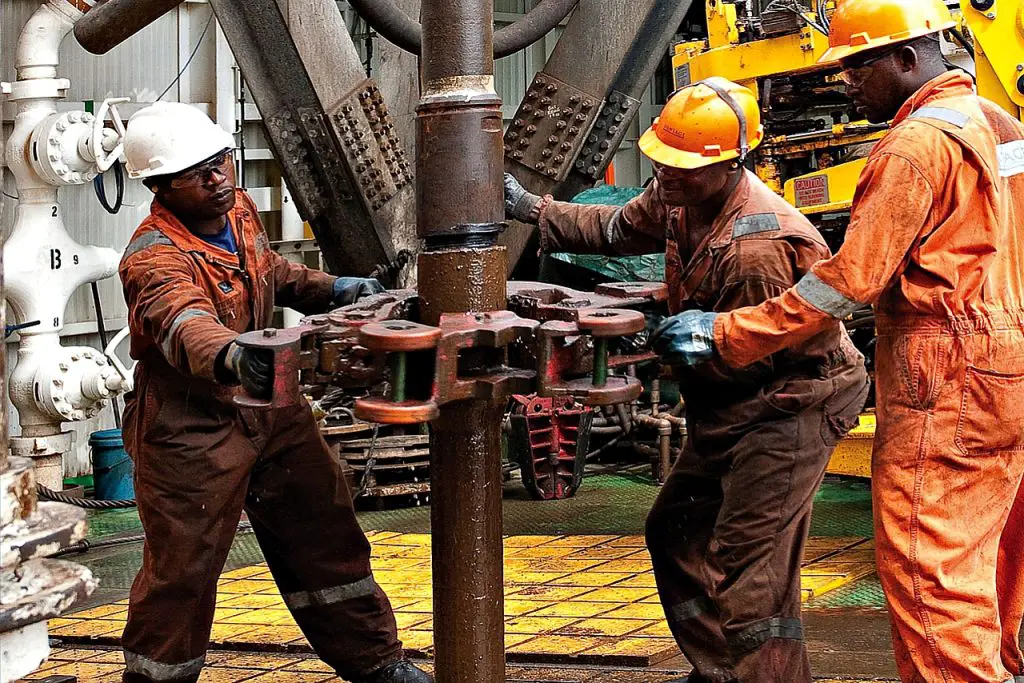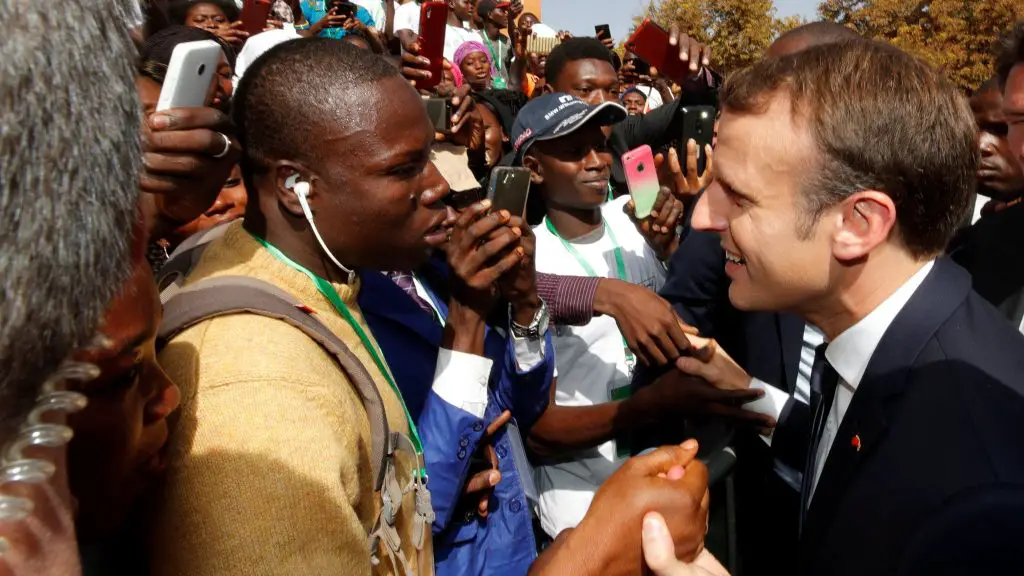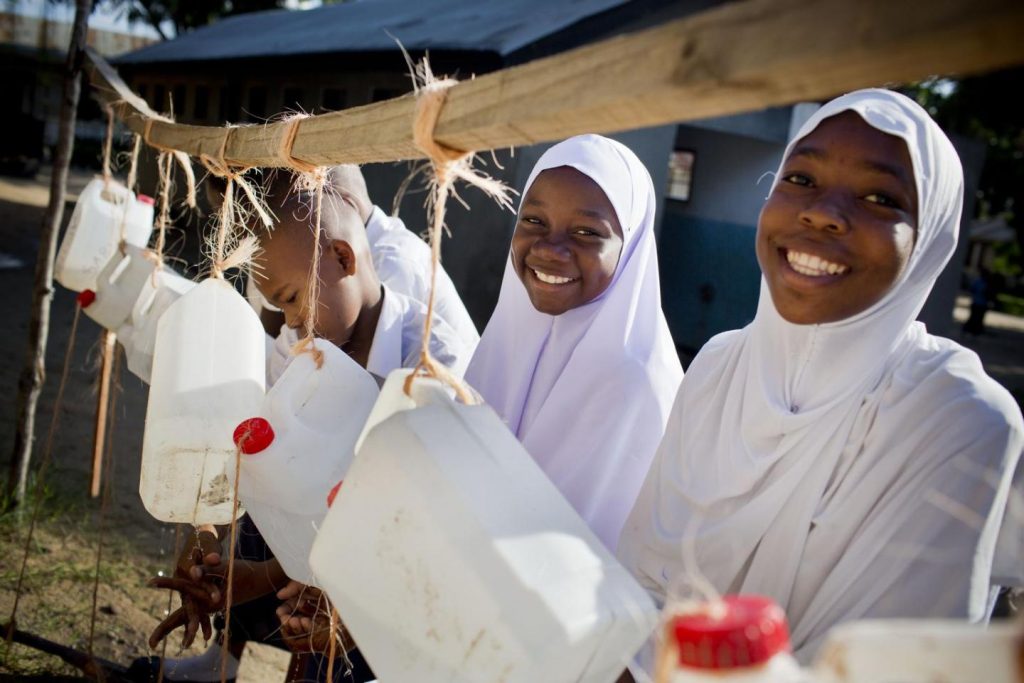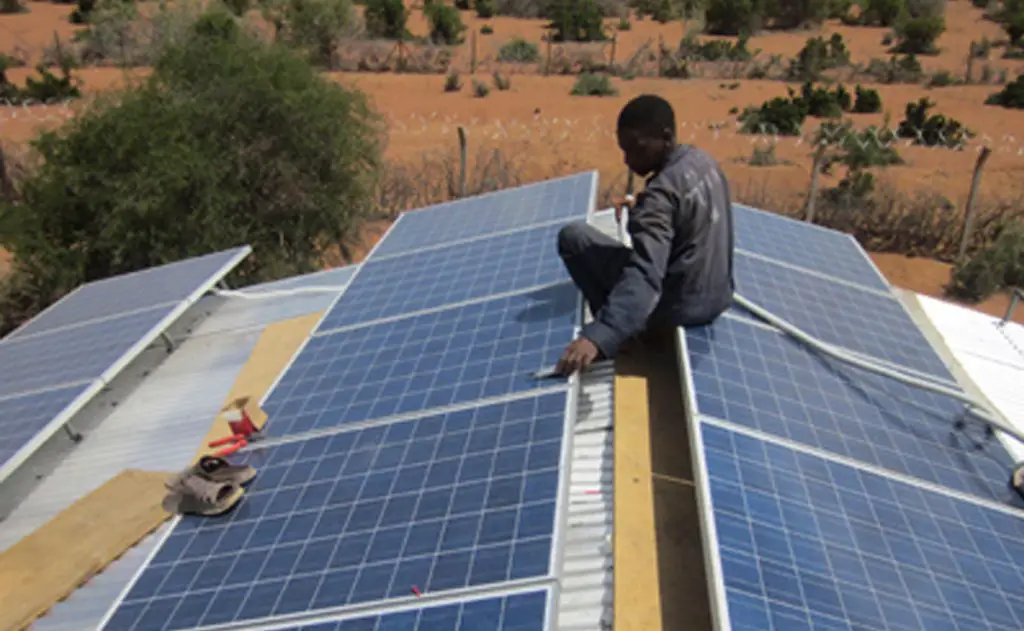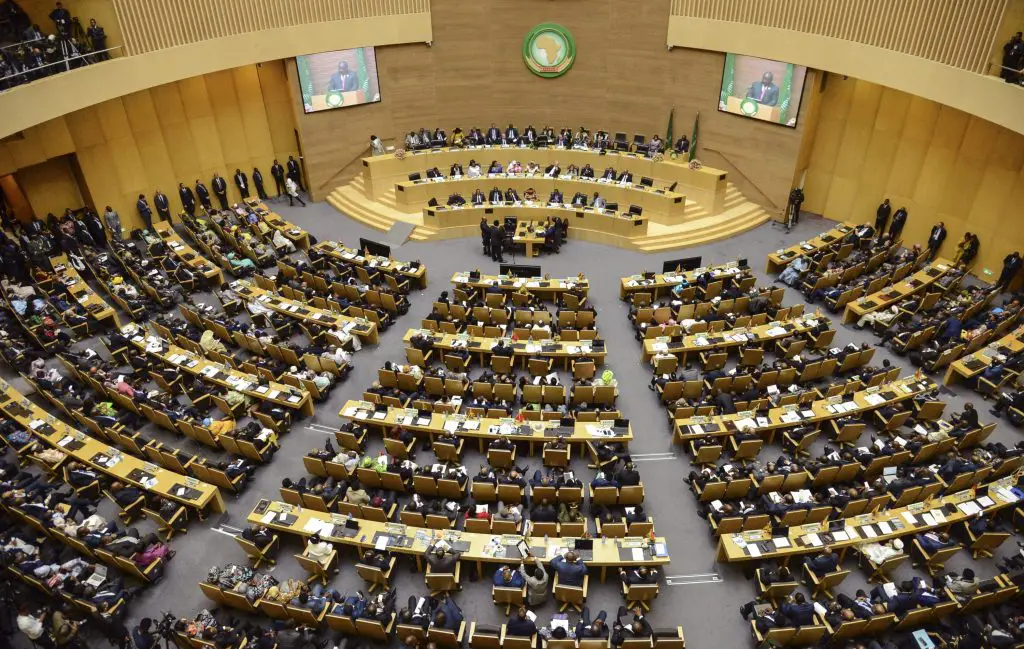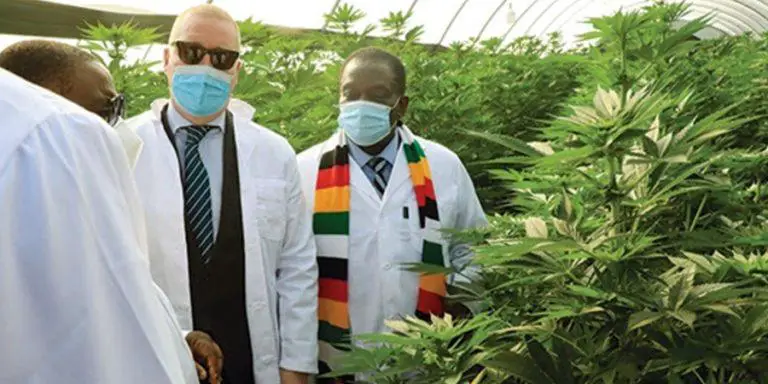- AmCham Summit kicks off, setting course for robust future of US-East Africa trade ties
- Why the UN is raising the red flag on the UK-Rwanda asylum treaty
- Portugal’s Galp Energia projects 10 billion barrels in Namibia’s new oil find
- Wärtsilä Energy offers tips on how Africa can navigate energy transition and grid reliability
- Powering Africa: Africa’s Path to Universal Electricity Access
- Global investment trends at AIM Congress 2024: a spotlight on the keynote speakers
- South Africa’s deepening investment ties in South Sudan oil industry
- Agribusiness could drive Africa’s economic prosperity
Browsing: Africa
- Uganda to resume sugar imports into Tanzania
- Kenya is yet to allow the proposed import of 90000 tonnes of Ugandan sugar
- Investigation missions pry into a source of Ugandan sugar
Tanzania will now import sugar and anti-retroviral (ARVs) drugs from Uganda after President Samia Suluhu managed to iron out over three years of trade creases between the two countries.
After the agreement, the two countries released a joint communiqué in which they published the trade agreement details. According to the executive communication, Uganda will now supply up to 10,000 tonnes of sugar to Tanzania every year.
This is a major turn of events from zero to 10000 tonnes which finally ends Tanzania’s 2019 ban on Uganda sugar. Before the 2019 ban on Uganda sugar imports into Tanzania, Uganda was exporting into Tanzania in excess of 20000 tonnes.
During the ban, Tanzanian officials had argued that the sugar that Uganda was …
- In reality, Russia’s assault on Ukraine will spark an African energy transformation, leapfrogging fossil fuel use in Africa and Europe.
- Improved infrastructure is required to increase gas flows from Africa to Europe.
- The European Union (EU) imported 155 billion cubic meters of natural gas from Russia in 2021, accounting for about 40 per cent of total EU gas consumption.
- Solar energy can also scale up quickly, potentially outpacing plans to develop new liquefied natural gas ports.
Europe’s Energy crisis has been born from the European Union imposing sanctions on Russia. The EU imported 155 billion cubic meters of natural gas from Russia in 2021, accounting for about 40 per cent of total EU gas consumption.
Because of their persistent reliance on Russian oil and natural gas, Europe continues to support Putin’s economy – and, indirectly, his war machine – with hundreds of millions of Euros every day in return …
Along with his diplomatic efforts, the future French President loved the country’s rich culture and has previously danced in public to the music of Fela Kuti, Nigeria’s legendary performer.
Even before his famous Ouagadougou speech, Macron established the Presidential Council for Africa, which comprised African and French representatives from fields such as entrepreneurship, health, sustainable development, sport, and culture to advise him on general issues confronting the continent.
Emmanuel Macron did not hesitate when he was first elected President of France to recognize that France has genuine interests in Africa, which he wanted to pursue through a partner-based strategy based on transparency and reciprocity.…
With numerous international companies and organizations operating in Tanzania’s rural areas, input by this sector has huge direct impact on the related communities.
Support ranges from digging of wells to funding irrigation and smart agriculture projects. There is also the matter of lack of adequate financing and poor sanitation all of which gravely hold back social and economic growth across the country.
Also, as the minister pointed out, through CSR, companies have the opportunity to help the government increase water supply by digging wells for rural communities and by protecting water catchment areas in places they operate.…
Unfortunately, even with an increased power supply, electricity is mostly used for lighting but the vast part of the community still relies on biomass ‘…which makes up close to 90% of the total primary energy consumption in Tanzania.’
According to REA, this reliance on biomass leads to the deforestation of 100,000 hectares every year and only about a quarter of this is ever reforested. At the moment, at least 63.5% of the households in Tanzania Mainland use firewood as the main source of energy for cooking which is the main cause of deforestation along with the clearing of forests for cultivation.
Another 26.2% of Tanzanians rely on charcoal for cooking and another 5.1% use, liquified petroleum gas and a mere 3 per cent use electricity. These figures show that even though there is an increased supply of electricity there is still profound destruction of forests and the atmosphere through deforestation …
A road here and a railway there can never equate to bloodshed, torture endured, families separated, a history lost, a culture destroyed, a people lost. Because of colonisation modern-day Africans no longer know who they are or what their heritage is.
They look up to the Caucasians as the embodiment of beauty, progress, of reason, none the wiser that it is their forefathers in Puntland and Ohir, in Egypt and Mesopotamia, that brought civilization to the world.
2022 Africa Day must be about recognition of Africa, re-branding Africa and re-establishing Africa’s position in the global socio-economic and political arena. On this Africa Day we must not only ask what is Africa but who is Africa. …
- During the last three decades, Angola has established itself as a top-tier destination for big oil and gas companies.
- Natural gas is an essential intermediary in the energy transition, generating fewer emissions than petroleum and coal products.
- Angola’s regulator, the ANPG, aims to attract investment from sources other than the country’s traditional oil and gas producers.
While foreign oil firms steadily abandon African hydrocarbon resources and transfer capital spending to alternate energy sources, Africa is experiencing output reductions across significant assets. The fall in oil and gas output is primarily because Integrated Oil Companies (IOCs) are affected by lobbies urging them to withdraw from fossil fuels and invest in renewables.
Understanding the Decline in fossil fuel funding
Since loans are becoming more costly, it is becoming more difficult to borrow funds for investment in exploration, development, and production (E&P). Some financial firms are beginning to limit capital accessible for these …
mRNA-1644 utilizes Moderna’s messenger RNA (mRNA) technology to deliver a specific class of B cells needed to develop broadly neutralizing antibodies (bnAbs) to fight HIV infection. Inducing bnAbs is considered the primary goal of an HIV vaccine, and this requires B-cell activation.
The primary trial endpoints are safety and immunogenicity. The IAVI-sponsored clinical trial, IAVI G003, will test the safety and efficacy of vaccination with the HIV immunogen eOD-GT8 60mer, delivered via Moderna’s mRNA platform. eOD-GT8 60mer was developed by IAVI and Scripps Research teams and was initially tested in phase 1 clinical trial IAVI G001.
According to Contagion Live, IAVI G003 is expected to enroll 18 healthy, HIV-negative adults. The participants will receive 2 doses of eOD-GT8 60mer mRNA, which contains a portion of the viral sequence but cannot cause HIV infection. They will be monitored for safety for 6 months after their second dose, and their immune responses …
Zimbabwe allows for 100% ownership of medicinal cannabis investments, allows for farming on private land, and has put in an added layer of protection called the Investment Stability Agreement.
Recently, Zimbabwe’s President Emmerson Mnangagwa commissioned a US$27 million Swiss Bioceuticals Limited Medicinal Cannabis Farm and Processing Plant in Mount Hampden, Mashonaland West Province.
Farmers Review Africa on May 12, 2022, said Swiss Bioceuticals limited constructed a state-of-the-art medicinal cannabis processing plant, fitted with the first line of medicinal cannabis oil processing. It is also equipped with a cannabis oil processing line aimed at stimulating bio-medical solutions and pharmaceutical products for both local and international markets.…
Due to the pandemic, the topic of innovation in education has never been more crucial.
While most developed countries moved their classes online with ease, many developing countries have had a hard time adapting to the home-school model due to a lack of infrastructure and the high cost of data.
According to the United Nations Educational, Scientific and Cultural Organization (UNESCO), 91.3% of the world’s learning population was impacted by global shutdowns brought about by the pandemic.
This means that about 1.5 billion students were not in school, a situation that largely impacted developing nations, a lot of which are in Africa. …






